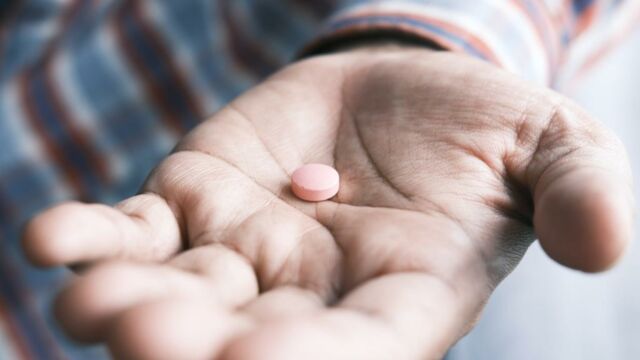Last week, Merck & Co. presented results from a study they were doing with molnupiravir—an antiviral drug that could possibly reduce the chances of having severe and fatal forms of COVID infection.
Discover our latest podcast
They tested the drug on 800 volunteers and divided them into two groups—one that received a placebo and the other that got treated with molnupiravir. In the placebo group, 14.1% of the participants were sent to the hospital. However, for those who were treated with the antiviral drug, the hospitalisation rate dropped to 7.3%.
How does molnupiravir work?
Molunipiravir was originally developed to fight the influenza virus, however it can be used for other anti-viral treatments. This is because its main function is to slow down the multiplication of viruses by introducing errors into their genetic material.
While the results seem to be heading the right direction, there are still many uncertainties. The participant pool of the study is relatively small, and it limits the information that can be obtained.
As per the results of the initial study, there were no side effects reported with the use of molnupiravir, but that could also be because of the limited number of subjects.
Controversial price point
This drug is not the first to raise our hopes in the fight against coronavirus, but it could be the first oral medication to be introduced into the market.
As of now the company is striving to obtain emergency approval for molnupiravir in the United States ‘as soon as possible.’ However, the price point at which they’re hoping to sell the drug is already making the headlines.
According to The Independent, a report found that Merck is going to charge the government $700 for one course of the drug, and they’re looking to supply 1.7 million courses in total. A team at the Harvard School of Public Health and King’s College Hospital examined the drug pricing and found that it only takes $17.74 to produce a course which lasts around five days.















